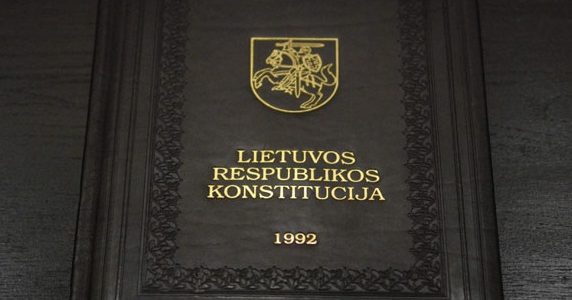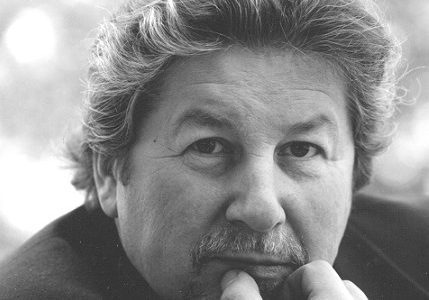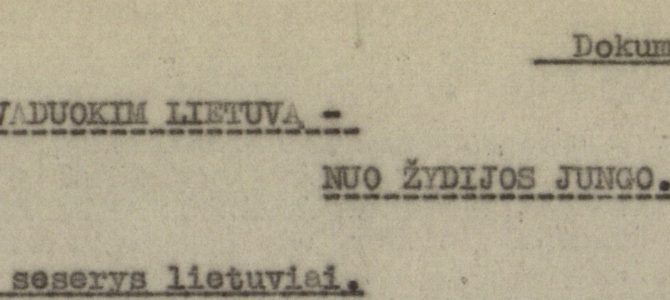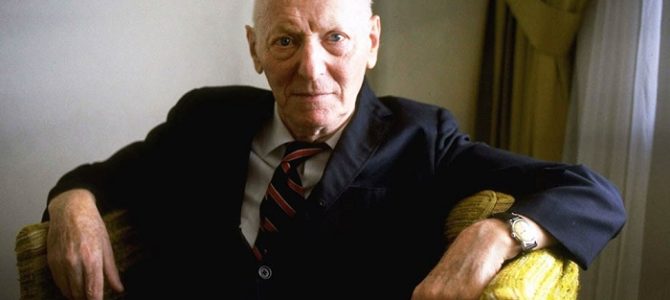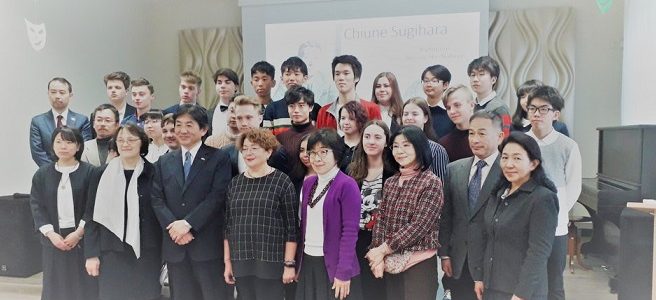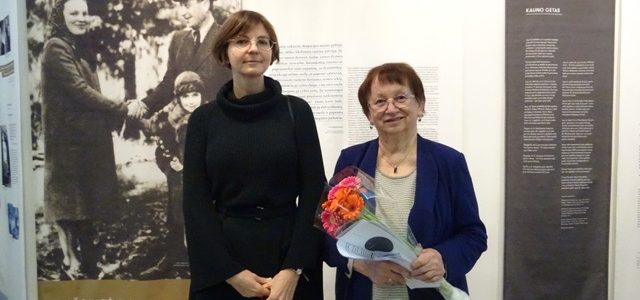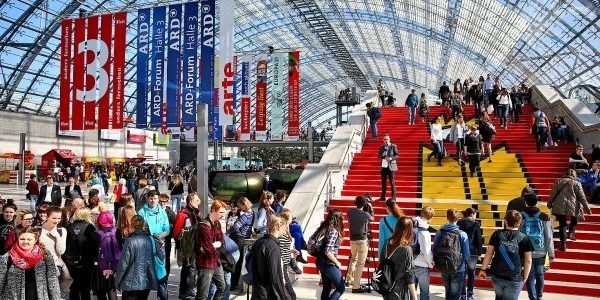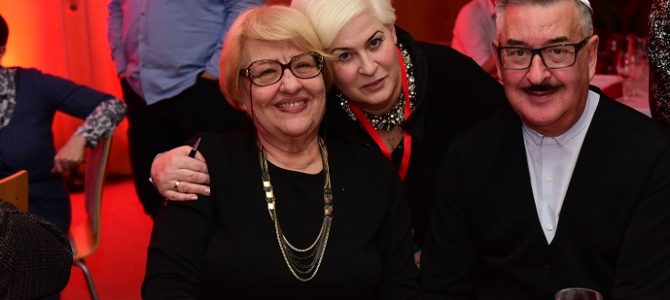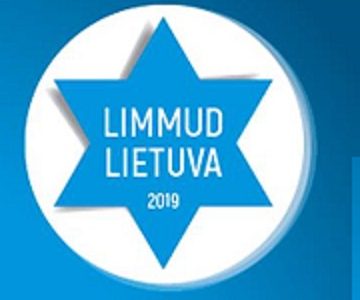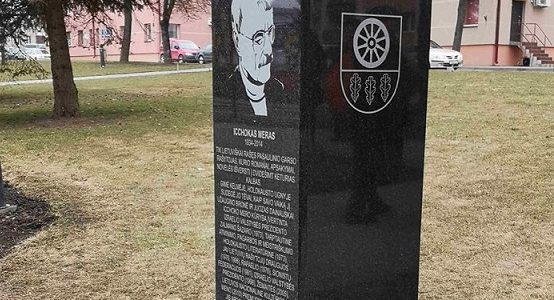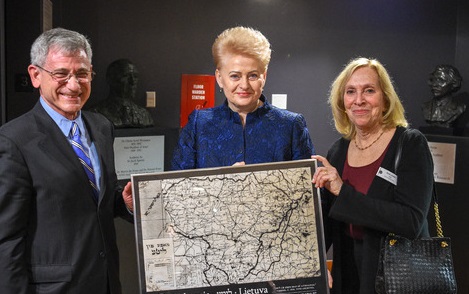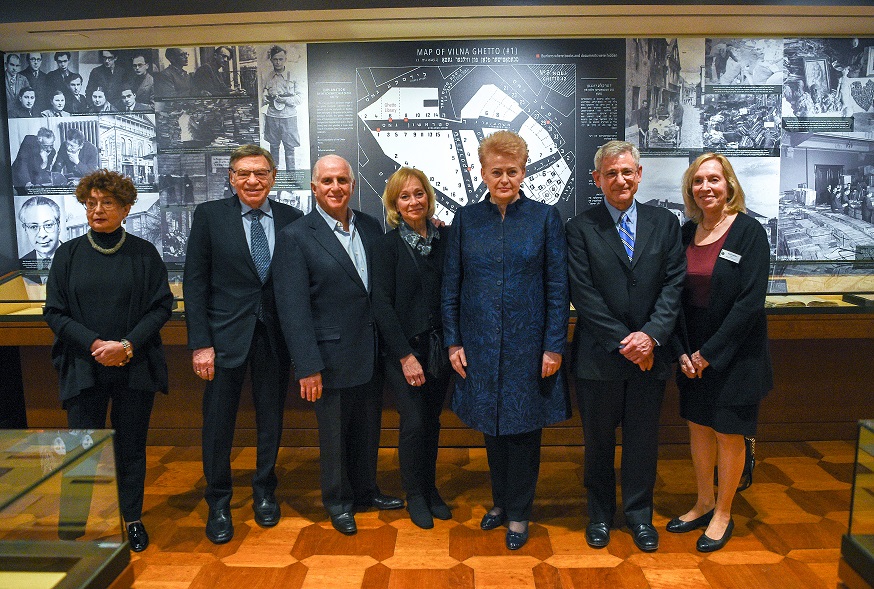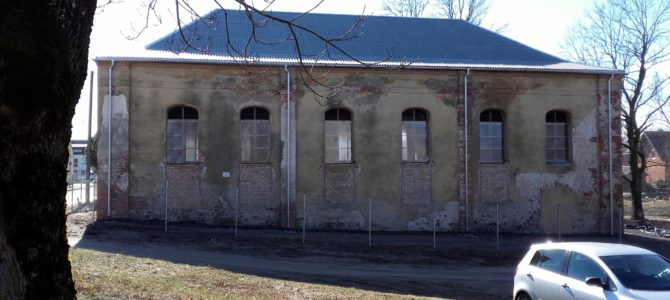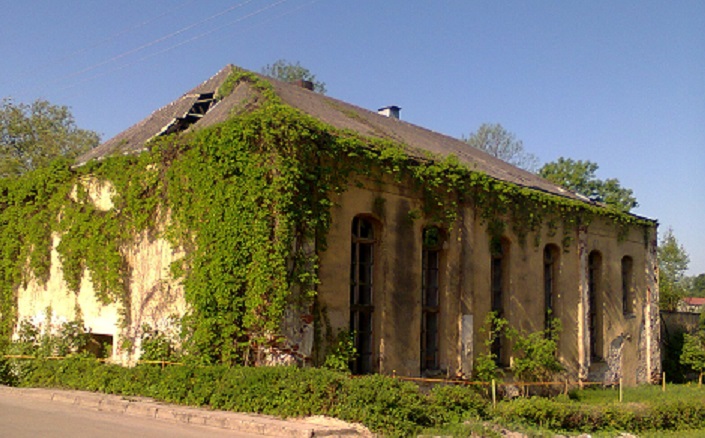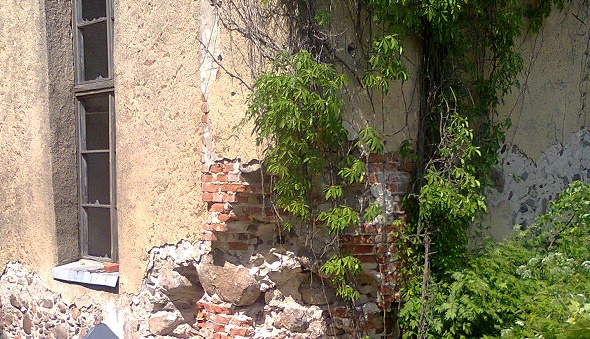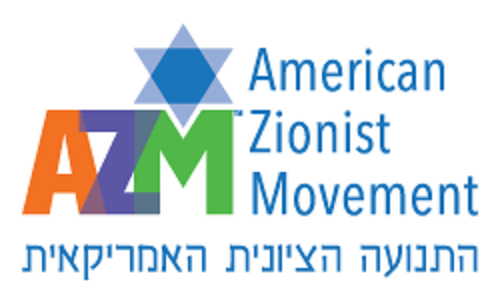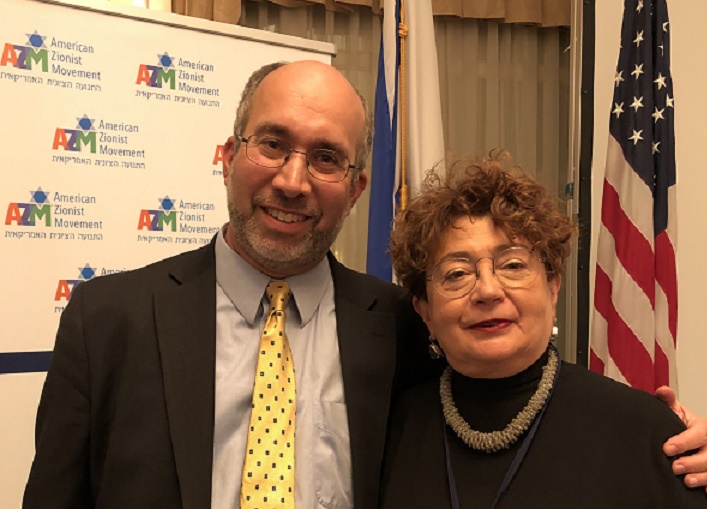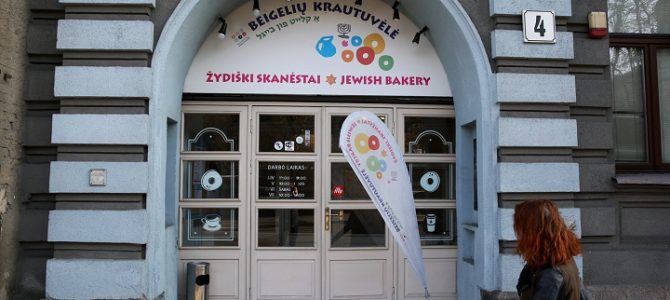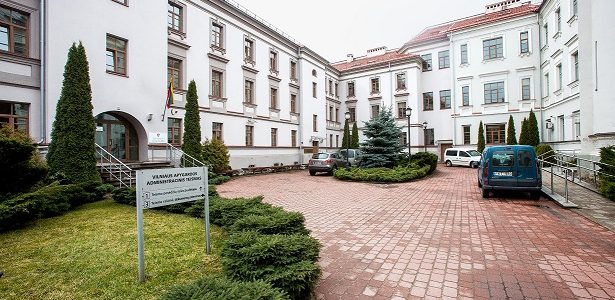The Lithuanian Jewish Community was shocked by an unsigned “explanation” published by the Center for the Study of the Genocide and Resistance of Residents of Lithuania (hereinafter Center) on March 27, the day before the anniversary of the horrific Children’s Aktion (mass murder operation) in the Kaunas ghetto, a text which, apparently seeking to avoid responsibility, not only seeks to justify actions by Jonas Noreika during World War II but also contains features which are crimes under the Lithuanian criminal code, namely, denial or gross belittlement of the Holocaust. Note that article 170(2) of the Lithuanian criminal code (public approval of crimes against humanity and crimes by committed by the USSR and Nazi Germany against Lithuania or her residents, their denial or grossly diminishing their scope) also applies to corporate entities.
It is unacceptable to the LJC that there might be a collective condemnation of ethnic Lithuanians or any other ethnic group for perpetrating the Holocaust, and therefore it is equally incomprehensible to us on what basis the Center tried to convince Lithuanians, writing in the name of all Lithuanians, of Holocaust revisionist ideas.
This “explanation” is full of factual and logical errors, for example, one sentence claims “the Lithuanians worked operated against the will of the Germans” while another says “Germany was seen as an ally.” Also, based on a single source, the claim is made that the number of Lithuanians who shot Jews was “lower than in other nations.” The text fails to explain why the greatest percentage of Jews were murdered in Lithuania when compared to the other states of Europe, including Germany, and thus clearly seeks to diminish the fact of Lithuanians’ contribution to the murder of the Jews. The Center text claims “the residents of occupied Lithuania in 1941 didn’t understand ghettos as part of the Holocaust,” not just heaping scorn on the pain of ghetto inmates but also belittling those Lithuanian heroes who rescued Jews at the risk of their own lives and those of their families. The Center’s Noreika apologetica is based on the testimony of his fellow Lithuanian Activists Front members. Note the LAF call to free Lithuania by ridding the country of “the yoke of Jewry” in 1941.
It is the LJC’s opinion that the Center as a state institution founded in law by distorting historical facts, grossly diminishing the scope of the Holocaust and creating a fictional narrative of history is incompetent to fulfill its main task as defined in Lithuanian law, namely, the restoration of historical truth and justice.
Therefore, the LJC asks:
-representatives of the Lithuanian executive and legislative branches to respond appropriately and in a timely manner by condemning this incident of institutional anti-Semitism;
-that the Center take responsibility and retract publicly the above-discussed text, apologize to the LJC for the gross belittlement of the scope of the Holocaust and apologize to the Lithuanian public for misinforming the public.
If within a reasonable time an amicable solution is not found, the LJC, in defense of its interest protected by law but now violated, reserves the right to make sue of the defensive measures and remedies provided in Lithuanian law.
Faina Kukliansky, chairwoman
Lithuanian Jewish Community


